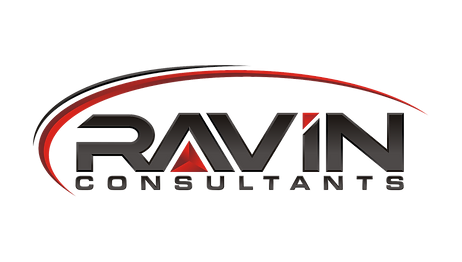When it comes to pharmacies and the 340B Program, the contract pharmacy relationship is a well-known cornerstone of the program. Contract pharmacies within the 340B program are pharmacies that maintain a contract with a 340B covered entity to dispense medications to patients of the covered entity on their behalf. They essentially provide an extension of the covered entity’s services. Similar to the contract pharmacy relationship, it has become increasingly popular for covered entities to have their own in-house pharmacies. These pharmacies provide medications to patients of the covered entity as part of the 340B Program. There are two common types of pharmacies that can exist in this relationship: Entity-owned pharmacies or wholly-owned pharmacies. We will explore each option below.
Entity-Owned Pharmacy
An entity-owned pharmacy is a pharmacy that is owned by, and is a legal part of, the 340B entity. The pharmacy address is therefore listed as an additional shipping address on 340B OPAIS for the covered entity (if address differs from that of the parent site). It is important to remember that all regulations relating to GPO prohibition (if applicable to your 340B designation) still apply to the entity owned pharmacy and must be followed per the entity’s policy and procedures. As this pharmacy is a legal part of the entity and not a contract pharmacy, there can be benefits to this relationship as far as manufacturer restrictions are concerned. However, the covered entity remains responsible for ensuring the pharmacy is compliant with all applicable 340B program requirements and maintaining auditable records to demonstrate this.
Wholly-Owned Pharmacy
A wholly-owned pharmacy is a pharmacy that is owned by the covered entity. The covered entity has an internal contract with the health system owned pharmacy, and it must be registered as on 340B OPAIS as a contract pharmacy. The covered entity and the wholly-owned contract pharmacy must always have a written agreement (contract) in place and maintain a bill to/ship to arrangement. The covered entity is responsible for ensuring the pharmacy is compliant with all applicable 340B program requirements and maintaining auditable records to demonstrate this.
Deciding Which is Right for Your Pharmacy
As is the case with many issues and decisions in 340B, it is important to discuss these options fully with your entity’s internal legal and compliance teams. However, if you have further questions about the different types of pharmacy relationships or any other aspect of the 340B program, don’t hesitate to schedule a consultation with a 340B expert at Ravin Consultants. We are here to assist you in navigating the complexities of all aspects of the 340B program.

